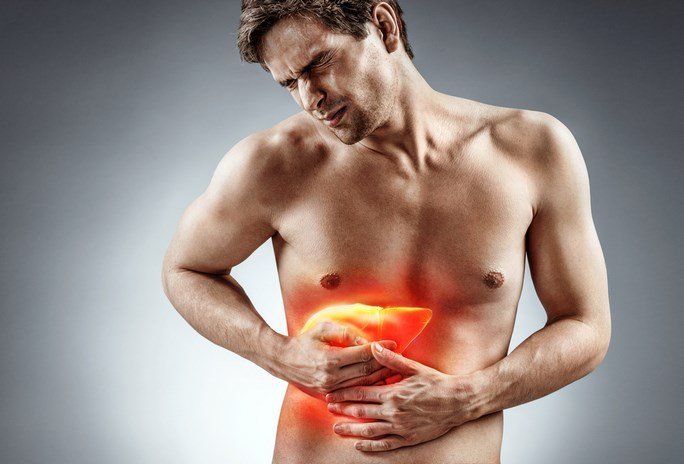The liver is the body second largest organ after skin. It is responsible for many important functions in the body that ranges from the metabolism of fats, carbohydrates, and proteins to production of clotting factors and detoxification of the toxins, free radicals, and drugs. Any disturbance in the function of the liver can cause liver disease and loss of these functions can cause significant damage to the body.
The circulation of blood works differently in the liver. For example, all the veins in the body transport blood from the peripheral organs to the heart, however, portal vein supplies blood from the heart to the liver for processing and filtering before entering into the general circulation. The same blood supply also delivers chemicals and enzymes that are required by the liver cells to produce protein, glycogen, and cholesterol for optimal body activities.

Liver disease is a broader term that involves conditions of the liver and its associated organs. The diseases and conditions that affect the liver can damage its structure or function of regulating metabolism, producing macronutrients and detoxification of drugs and chemicals. Many factors that can affect the liver include excessive use of medicines like paracetamol, alcohol abuse, infections such as hepatitis B and C, non-alcoholic fatty liver disease, iron overload, and tumors. Interestingly, the liver is the organ with strong regenerative properties, that’s why most of the signs and symptoms of any liver disease appear when 75% or three-quarters of the liver become diseased or injured. Following are some common signs and symptoms that indicate that your liver is suffering from a disease or illness.

